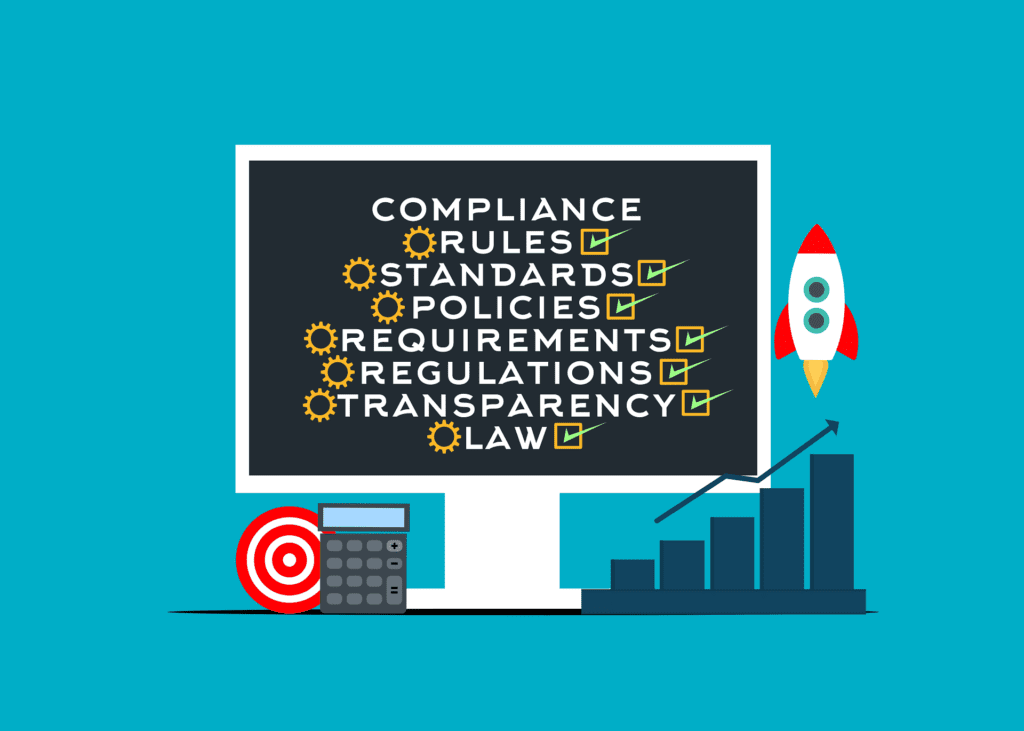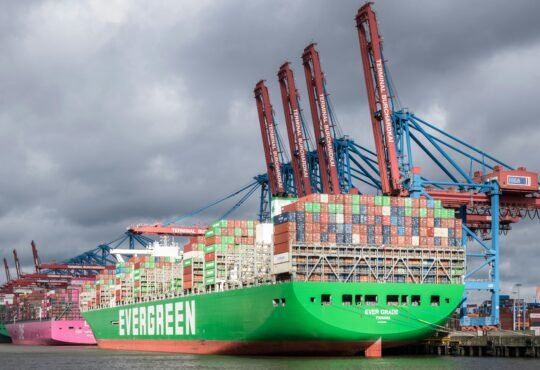Expanding a business internationally can be a rewarding but complex endeavor. Here are some tips to help you navigate the process of international expansion successfully:
Thorough Market Research:
Direct extensive statistical surveying to recognize nations or districts that offer the most potential for your business. Consider factors, for example, market size, rivalry, social contrasts, and lawful and administrative prerequisites.


Legal and Regulatory Compliance:
Comprehend the legitimate and administrative prerequisites for carrying on with work in the objective country. This incorporates enrolling your business, getting fundamental licenses and allows, and agreeing with charge regulations.


Cultural Awareness:
Cultural differences can significantly impact your business. Invest in cultural training for your team and adapt your marketing and business strategies to align with local customs and preferences.
Local Partnerships:
Consider forming partnerships or joint ventures with local businesses or distributors. Local partners can provide valuable insights, networks, and expertise that can expedite your entry into the market.
Market Entry Strategy:
Determine the most appropriate market entry strategy for your business. Options include exporting, licensing, franchising, establishing a subsidiary, or acquiring a local business. The choice depends on your industry and goals.


Logistics and Supply Chain:
Set up efficient logistics and supply chain operations to ensure that your products or services can be delivered to international customers on time and in good condition.
Currency and Payment Management:
Manage currency risks by considering hedging strategies. Be flexible with payment options to accommodate different currencies and payment methods used in the target market.
Local Talent:
Hire local talent who understand the market and culture. This can include local sales and marketing teams, legal experts, and financial professionals.


Compliance and Risk Management:
Develop a robust compliance program to ensure your business adheres to local and international laws, including anti-corruption regulations and data protection laws.
Customer Support:
Provide excellent customer support, which may involve offering multilingual support and adjusting your service hours to align with customers in different time zones.
Adapt Your Marketing Strategy:
Tailor your marketing strategy to suit local preferences and behaviors. This includes language, advertising channels, and cultural nuances.
Quality Control:
Maintain strict quality control standards to ensure consistency in your products or services, regardless of the location.
Market Testing:
Consider conducting market testing or pilot programs before a full-scale launch to identify and address any challenges or opportunities in the new market.
Financial Planning:
Develop a comprehensive financial plan that takes into account the costs of international expansion, including market research, legal fees, marketing, and operational expenses.


Patience and Flexibility:
International expansion can take time, and there may be unexpected challenges. Be patient and adaptable, ready to adjust your strategies as needed.
Risk Assessment:
Continuously assess the risks associated with your international operations, from political and economic instability to changes in regulations or market dynamics.
Local Marketing and Sales Team Empowerment:
Empower your local teams to make decisions and adapt strategies to the specific market conditions. Trusting local expertise can lead to better results.
Remember that international expansion requires careful planning and resources. Seek advice from experts, consult with local authorities, and be prepared to invest time and effort to build a successful global presence for your business.
Also Read:
Opening Business Advancement Procedures for Manageable Development







